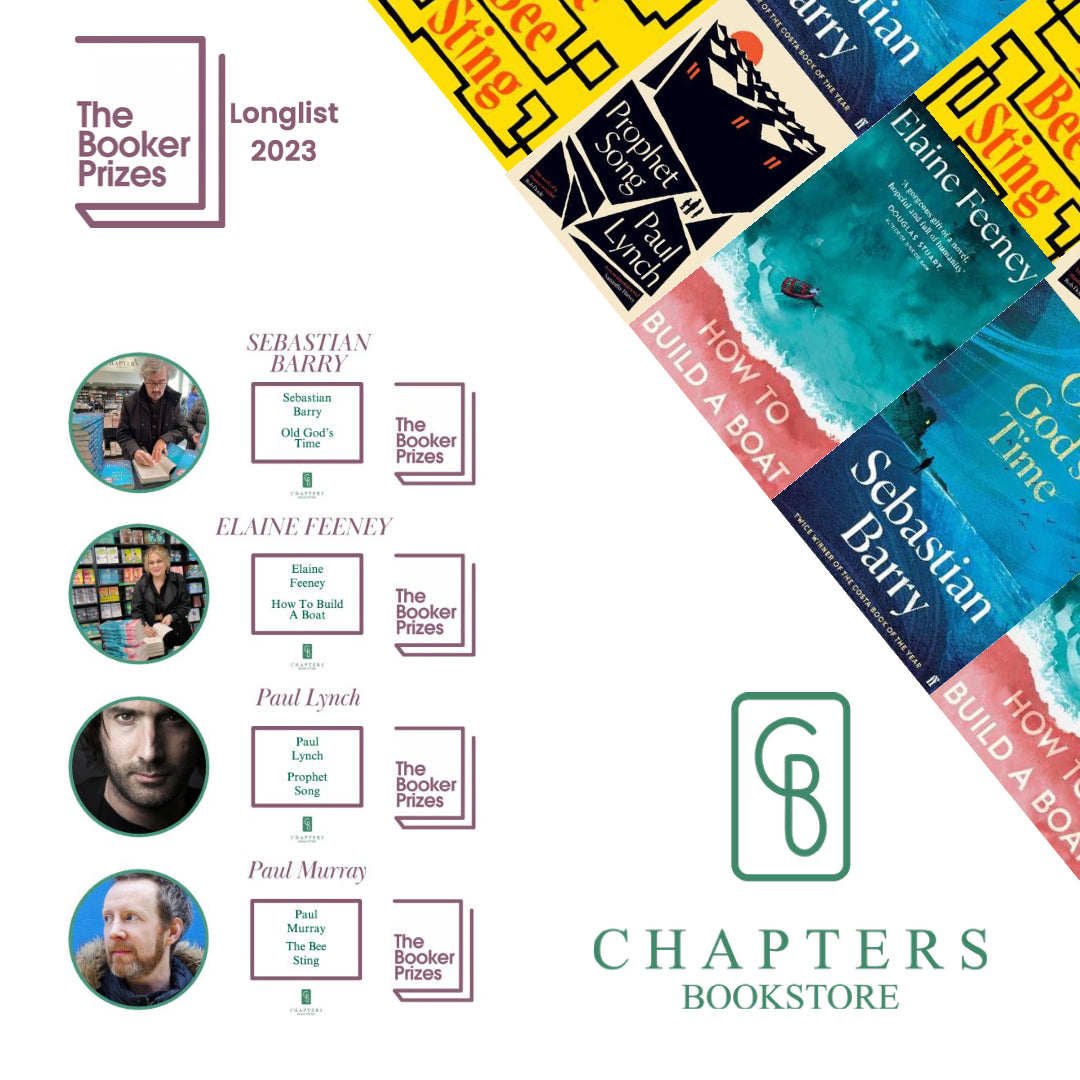
The Booker Prize, now known as the Booker Prize for Fiction, is one of the most prestigious literary awards in the world. Established in 1969, it is awarded annually to the best original novel written in English and published in the United Kingdom or Ireland. The award aims to celebrate and promote excellence in fiction writing by showcasing exceptional literary achievements.
The Booker holds significant cultural value for writers and the literary community. Winning, being shortlisted, or indeed longlisted for the prize can elevate an author's profile and bring their work to a much larger audience and recognition from such a prestigious award leads to increased book sales, translations into multiple languages, and wider international recognition.
The prize also contributes to the promotion of literary works by encouraging readers to explore diverse and new writers and different genres; it fosters a sense of literary excellence and encourages publishers to invest in emerging and innovative voices. Moreover, the Booker Prize generates public discussions about literature, leading to a greater appreciation for fiction and its cultural significance.
Ireland, a land steeped in history, culture, and folklore, has given birth to an impressive array of literary writers who have made significant contributions to world literature. The reasons behind our prodigious literary output can be attributed to a combination of historical, social, and cultural factors, not least a strong oral storytelling tradition that laid firm foundations. Before the written word became widespread, Irish bards and storytellers preserved their history, myths, and legends through an oral tradition; this storytelling culture, passed down through generations with an emphasis on the need to entertain and also hold the listeners attention, honed the craft of narrative and character development, which subsequently found its way into the culture and work of Irish writers.
Our tumultuous history of centuries of colonisation, oppression, and struggle for independence has given rise to a rich tapestry of stories reflecting the Irish experience. From the ancient sagas to modern-day novels, these writers have drawn inspiration from their nation's past, allowing their works to resonate with readers worldwide. Furthermore, the influence of religion cannot be overlooked in shaping our literary landscape. Catholicism, deeply ingrained in Irish society, has had a profound impact on our literature, with themes of faith, guilt, and redemption recurring in the works of many writers, reflecting the complexities of life and its meaning, both internally and externally.
Irish literary writers have left an indelible mark on the international literary scene; we are home to 4 Nobel Literature Prize winners and renowned authors such as Iris Murdoch, Roddy Doyle, Anna Burns, John Banville and Anne Enright have won the Booker Prize; others, including Colm Tóibín, Sally Rooney, Kevin Barry, Donal Ryan, Emma Donoghue and Claire Keegan, have earned nominations, showcasing the continued strength of Irish literature. Indeed, 2 of the 4 amazing Irish writers who have made this years longlist, Sebastian Barry and Paul Murray have made the list before and such is the consistent class of all Sebastian Barry’s work, he has been recognised 5 times!
The Booker longlist Irish novels 2023 are ‘How to Build a Boat’ Elaine Feeney, ‘Prophet Song’ Paul Lynch, ‘The Bee Sting’ Paul Murray and ‘Old God’s Time’ Sebastian Barry. The shortlist will be announced on September 21st.
Esi Edugyan, chair of the 2023 judges, said this year’s list “is defined by its freshness, by the irreverence of new voices, by the iconoclasm of established ones.”
“This is a list to excite, challenge, delight, a list to bring wonder.”
“The novels are small revolutions, each seeking to energise and awaken the language. Together – whether historical or contemporary – they offer startling portraits of the current.”



![Manchan, Magan IRISH INTEREST Magan Manchan: Listen to the Land Speak [2022] hardback](http://chaptersbookstore.com/cdn/shop/files/manchan-magan-magan-manchan-listen-to-the-land-speak-2022-hardback-57197364117843_{width}x.jpg?v=1743077146)
![Keegan, Claire IRISH FICTION Claire Keegan: Small Things Like These: Shortlisted for the Booker Prize 2022 [2022] paperback](http://chaptersbookstore.com/cdn/shop/files/keegan-claire-claire-keegan-small-things-like-these-shortlisted-for-the-booker-prize-2022-2022-paperback-59373419102547_{width}x.jpg?v=1758902529)
